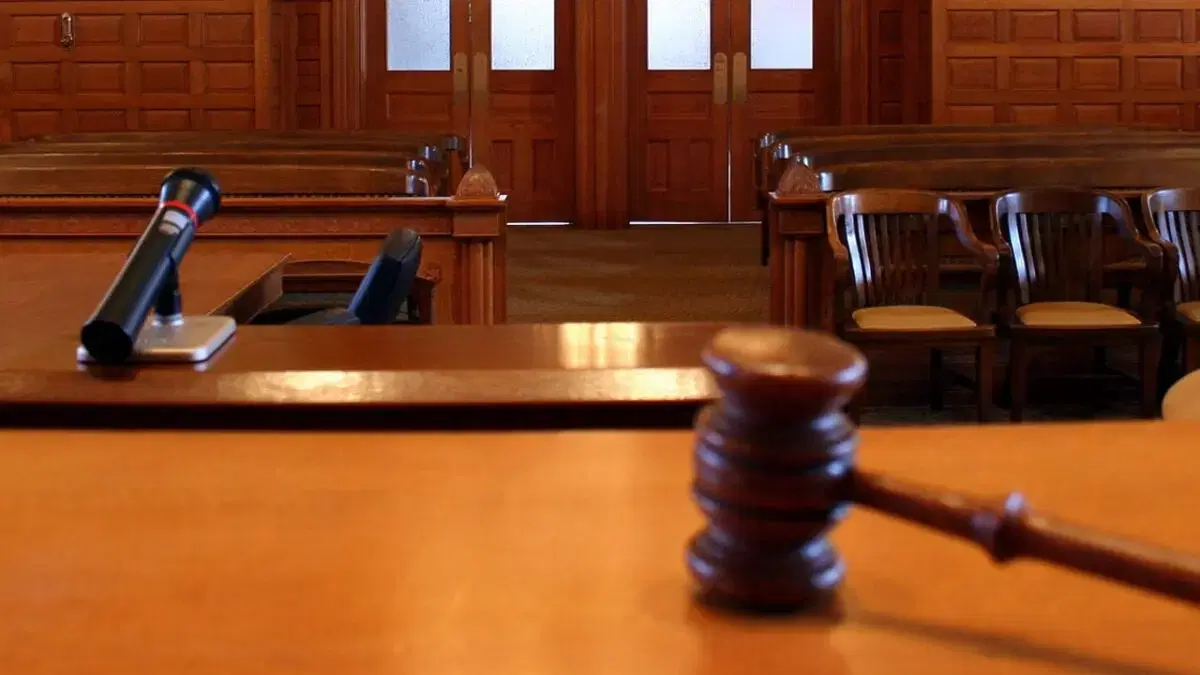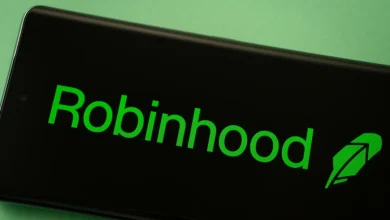Former RWA Executive Sues M^0 Over Alleged Stablecoin Project Takeover


Max Glass, a former executive at RWA Company, has sued in the Delaware Chancery Court accusing his former partners of wrongful termination and misappropriating a stablecoin project that he claims was built on work he led.
In his complaint, Glass alleges that his co-founders Gregory DiPrisco and Joseph Quintilian engineered a plan to pressure him into signing away his rights, terminate him, and transfer the initiative to a new entity—M^0—thereby excluding him from ownership and upside
He contends that the new venture rested on technology, relationships, and strategic alliances developed when he was still at RWA Company.
Glass describes what occurred in the lawsuit filing:
“The M0 enterprise was built upon the RWA Co.-CrossLend relationship,” Glass states, claiming he was “wrongfully cut out from the upside of the project that came directly from his work at the RWA company.”
He further asserts that there was a “pattern of concealment” in which the defendants “concealed the relationship between RWA, CrossLend, and M0.” Glass is viewking damages, restitution, and formal recognition of his interest in the stablecoin venture.
According to the complaint, RWA had been working with the German fintech CrossLend on a stablecoin tied to tokenized . Glass claims that instead of continuing that effort under RWA, DiPrisco and Quintilian quietly created the new firm M^0 to house the assets and grow investor funding—leaving him sidelined.
M^0, for its part, has positioned itself as a protocol and infrastructure provider for real-world asset tokenization and stablecoin issuance. The company is linked in press coverage to high-profile deployments, including a .
Glass argues that those achievements derived from the original RWA–CrossLend foundation and thus belong, in part, to RWA and to him.
The defendants have not publicly addressed the full substance of the suit. At issue will be whether the stablecoin opportunity was a “corporate opportunity” that ought to have been offered to RWA Company first, or whether DiPrisco and Quintilian could validly move it into a new vehicle without fiduciary liability. Glass’s complaint invokes breach of fiduciary duty, breach of contract, and fraudulent inducement claims.
Delaware Chancery cases often turn on internal documents, correspondence, and fundraising records, the litigation may hinge on discovery into the formation of M^0, the contract with CrossLend, and the timing of equity issuances.
A favorable to Glass could raise the bar for how founders and ahead employees secureguard their rights when projects pivot from advisory phases into funded infrastructure companies.







